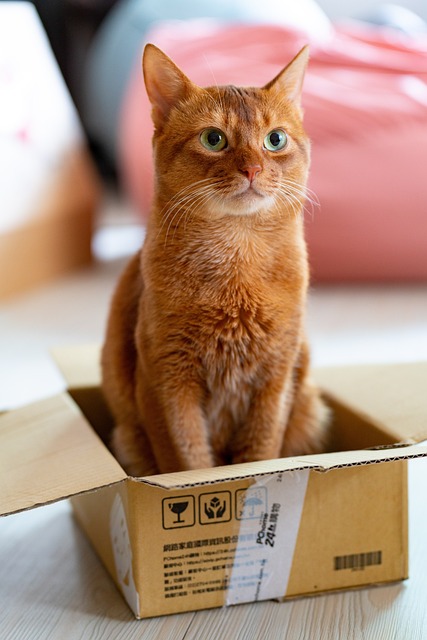Introduction
Cats, with their discerning palates, are known for their selective eating habits. As responsible pet owners, it’s important to understand the reasons behind their fussiness and how to address it. This guide provides valuable insights into handling a fussy-eating cat.
Why is Your Cat Being Fussy?
Fussiness in cats can be influenced by various factors. However, it’s crucial to differentiate between normal fussiness and potential health issues. If your cat refuses to eat for more than a day, consult a veterinarian immediately.
- Lack of Routine: Establishing a consistent feeding schedule is key to curbing fussy eating. Avoid free-feeding and stick to set meal times to create a routine.
- Excessive Treats: Offering too many treats can lead to a cat rejecting its regular meals in favor of tastier options.
- Flavor Preferences: Cats may have specific flavor preferences. Understanding these preferences can help you cater to your cat’s tastes.
Environmental Factors Affecting Eating Habits
- Mealtime Privacy: Some cats prefer solitude during meals. Ensure a quiet, distraction-free environment for your cat to dine in peace.
- Clean Feeding Dishes: Cats are sensitive to cleanliness. Regularly clean their feeding dishes to prevent aversion to food.
- Freshness of Food: Wet food can lose its aroma when refrigerated. Warming it slightly can enhance its appeal.
- Outdoor Distractions: Outdoor cats may indulge in impromptu snacks, affecting their appetite during regular mealtimes.
- Weather Considerations: Cats, like humans, may prefer lighter meals during hot weather. Adjusting portion sizes accordingly can help.
- Multi-Cat Households: Ensure each cat has its own food bowl to minimize competition and reduce mealtime stress.
Addressing Ongoing Fussiness
If your cat’s fussiness persists, consider the following steps:
- Gradual Food Transition: Introduce a new food gradually over 7-10 days to avoid digestive issues.
- Dental Health: Dental problems can hinder eating. Regular dental care and vet check-ups are essential.
- Consult a Vet: If your cat refuses food for over 24 hours, seek veterinary advice promptly. Nutritional deficiencies can have serious consequences.
Administering Medication to a Fussy Cat
Administering medication to a finicky cat can be challenging. Consult your vet for alternative options and proper techniques.
Conclusion
Understanding and addressing your cat’s fussy eating habits is crucial for their well-being. By implementing these strategies, you can help your cat maintain a healthy appetite. Always consult your vet for personalized advice.



